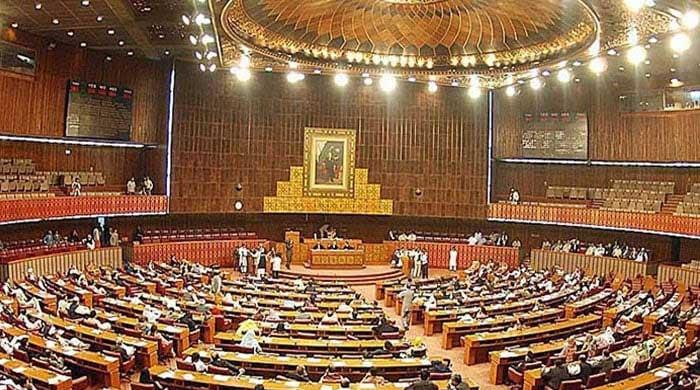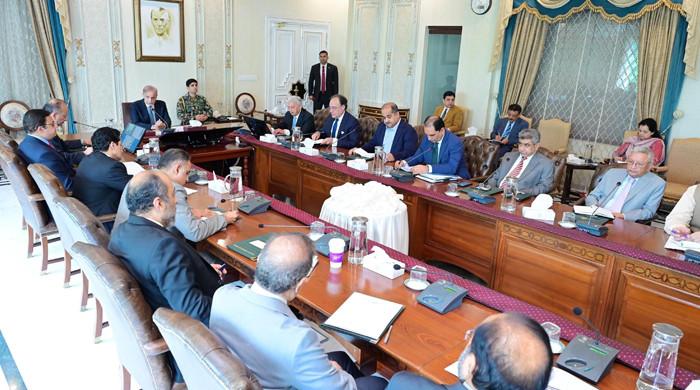Political strife constrains Pakistan’s credit profile: Moody's
Investors viewed removal of Nawaz Sharif as a near-term negative, which makes Pakistan an even more precarious place to invest, Bloomberg said in a report
August 01, 2017
The ousting of Pakistan’s prime minister by the country’s top court dramatically raises the risk profile for investors and businesses in the tumultuous, but fast-growing South Asian economy, reports Bloomberg.
A graft probe that led to Nawaz Sharif’s disqualification from holding public office, prompting his resignation, poses big challenges to the country’s credit profile according to Bloomberg.
"We expect domestic political risk to continue to constrain Pakistan’s credit profile in the near and medium term, due to both recent events and the country’s long-standing history of domestic security challenges, disruptive politics and military coups," Investors service Moody's wrote in a report. "The extent to which these events detract from economic and fiscal policymaking, and reduce government effectiveness in general, will ultimately determine their impact on Pakistan's credit profile."
The report further said that CPEC would lift Pakistan's potential GDP growth significantly and catalyze higher private-sector, investments and exports, if implemented as planned.
However, security-related issues and Pakistan's weak track record of public project implementation suggest that the pace of execution will be relatively slow. Moving forward, continued support for the CPEC project across all branches of government will be critical to its success and full implementation, the report said.
Then prime minister Nawaz Sharif was disqualified from holding public office by the Supreme Court on Friday.
Sharif was disqualified under Article 62 (1) (f) of the Constitution over his failure to disclose un-withdrawn receivables constituting assets from a UAE-based company. It implied he was not ‘honest’ and ‘truthful’, as per the country’s Constitution.











